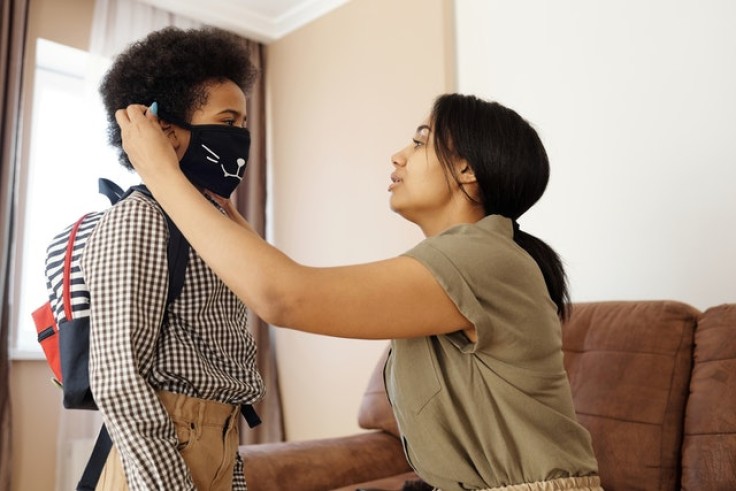
The survey released on Wednesday showed that children were highly resilient, despite the pandemic's impact on their mental health, that parents and children worry more about COVID-19 than the academic and emotional side impacts of public-health limitations.
Experts researched the families' well-being during the COVID-19 pandemic to support JED's Foundation mission to support children's emotional and mental health during the COVID-19 pandemic. It addressed two questions, "How does the pandemic affect family well-being?" and "How are families dealing with pandemic effects?"
It was conducted online with a national sample of 2,074 US residents aged 18 or older, parents or guardians of 2-18 children. Moreover, adolescents aged 13 to 18 completed a separate section of the survey by 899 of these households.
The data was collected in September and October of 2020 in places where three out of four families live in an area with orders to stay home. Also, two-thirds of parents said their children were present in school virtually all or some of the time.
According to the Jed Foundation, a mental health non-profit said survey says almost one-third of parents saw their child's emotional health was worse than before the COVID-19 outbreak, while six out of ten said they had suffered from mental health in the previous month.
Mental and Emotional Problems Vary Depending on Age
Some children were more likely than others to encounter difficulties. Almost three out of four children in families where a parent lost their job or had their hours or pay reduced exhibited mental health problems, compared to under half of the others. Children in families who got COVID-19 had a comparable difference to families where no one in the family had COVID-19.
Meanwhile, half of the 900 adolescents who participated in the survey had experienced mental or emotional health problems in the previous month, such as anxiety, loneliness, or difficulty concentrating.
Still, parents and students worry more about COVID-19 spreading rather than falling behind in in-person school. Parents were more concerned about their child contracting COVID-19 due to going to school in person (53 percent) than they were about their child's emotional well-being if the school was not open for full-time instruction (36 percent).
Teenagers, on the other hand, were less concerned. Just under half of the students were concerned about their emotional readiness for the upcoming school year, while four out of ten were worried about their mental and physical health.
Sara Gorman, the head of research at the Jed Foundation, said, "Especially for teenagers, the isolation is impactful because of where they are developmental," and continued. "They're learning to be social creatures. To suddenly cut that off is very disruptive and very jarring."
Gorman was stunned when she learned that adolescents were more worried about others contracting the virus than the pandemic's effects on their own lives. She described the survey as a "strong reminder" that teenagers are concerned about broader problems and how they impact people other than themselves. "What's going on in the world affects them," she said.
The findings that parents and students worry more about COVID-19 than in-person school is one indication of resilience.